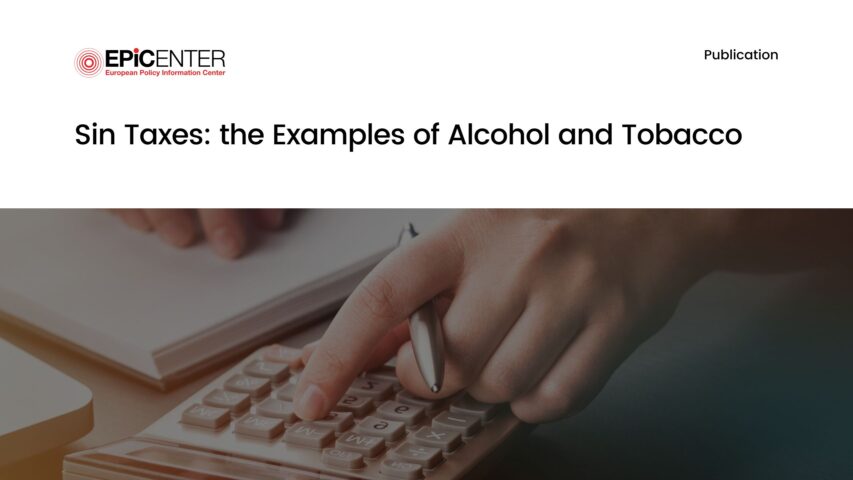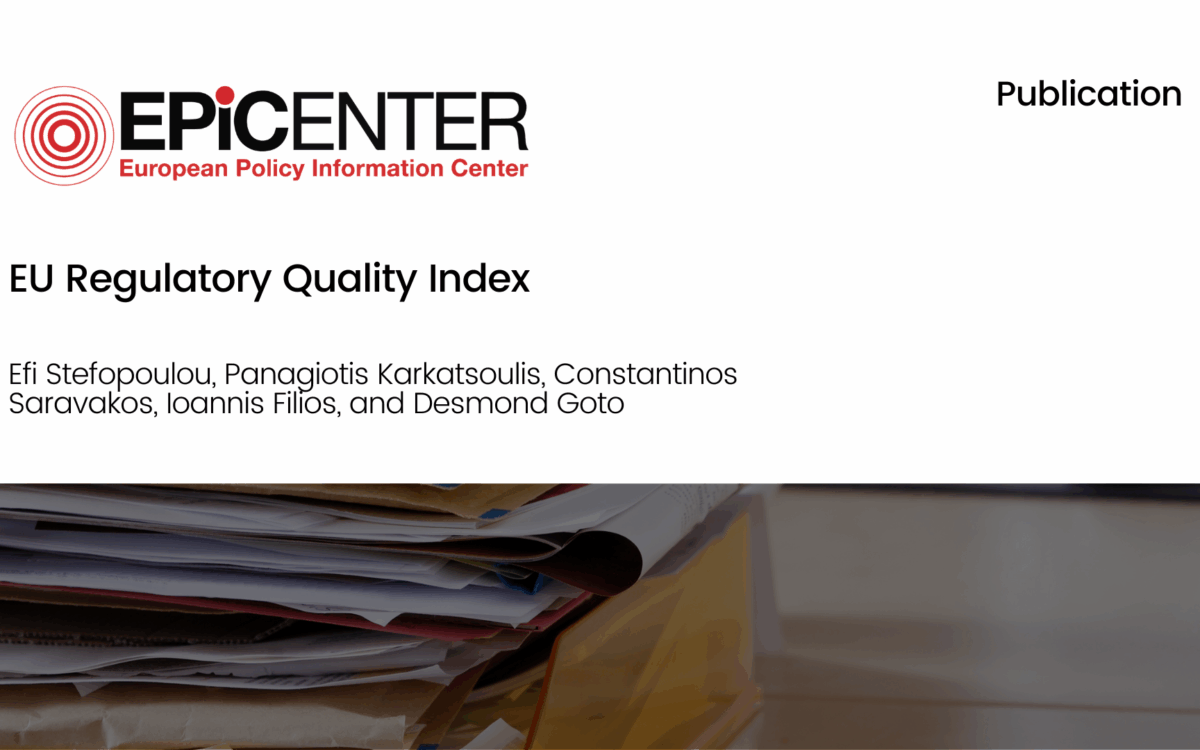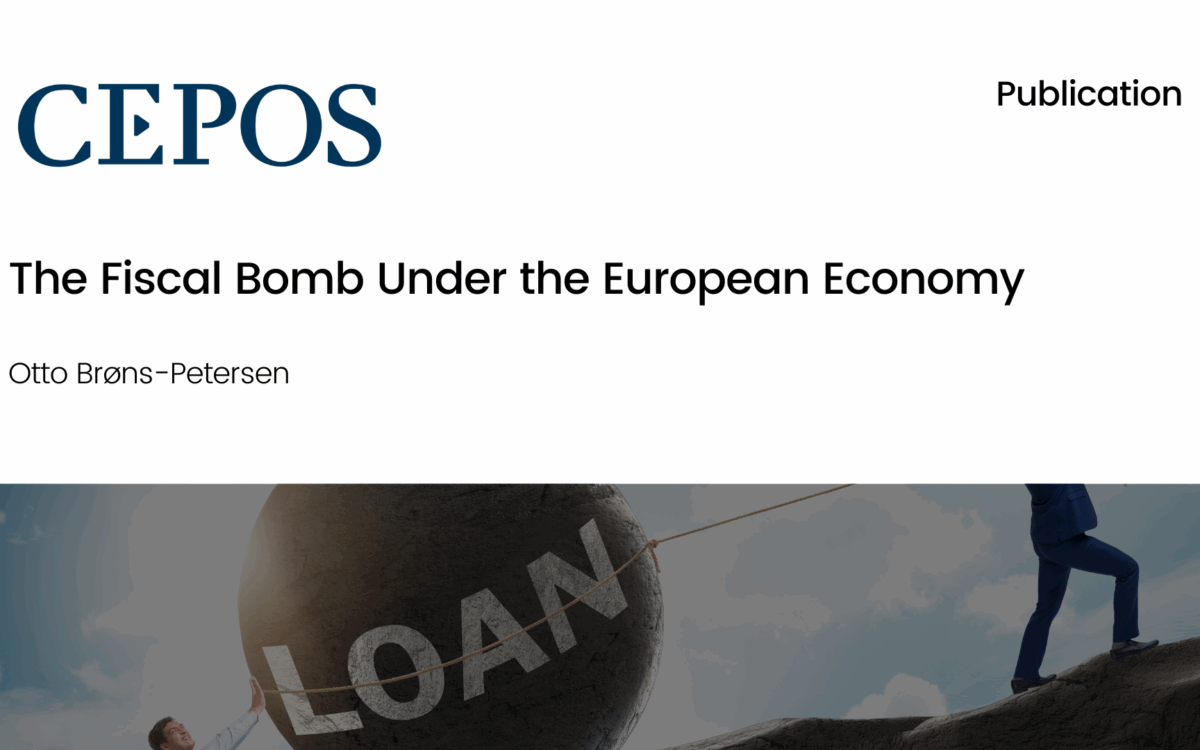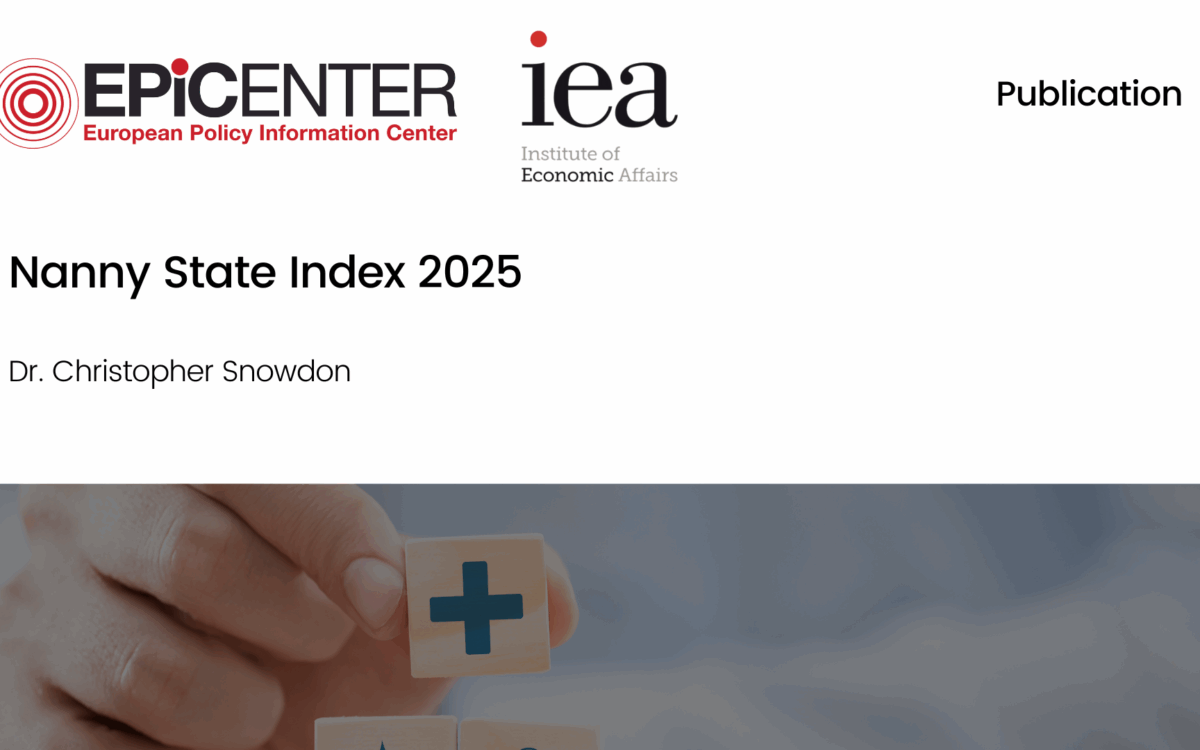Sin Taxes: the Examples of Alcohol and Tobacco

Sin Taxes: the Examples of Alcohol and Tobacco
March 2014
So‐called “sin” taxes are very much in fashion in France and elsewhere. With the aim of reducing “sinful” behaviour and financing the health care system, public authorities are planning to raise the tax load on alcohol and tobacco even higher. This type of policy obviously has its risks for business competitiveness. And more importantly, it causes consumers to act in ways that are just as dangerous to their health, if not more so. It also provides a powerful stimulus for the growth of the parallel market and of smuggling, two phenomena that are just as old as the taxes on these very products. All this suggests that the concept of sin taxes should be applied with caution.
Download or share this publication
View the PDF
EPICENTER publications and contributions from our member think tanks are designed to promote the discussion of economic issues and the role of markets in solving economic and social problems. As with all EPICENTER publications, the views expressed here are those of the author and not EPICENTER or its member think tanks (which have no corporate view).



